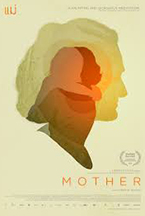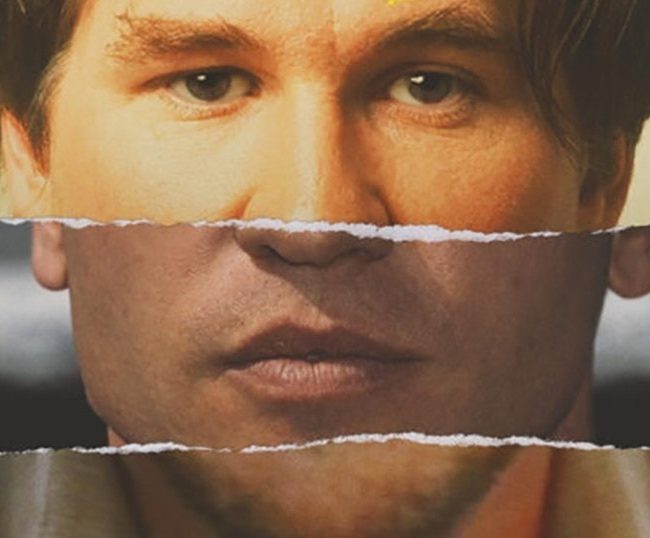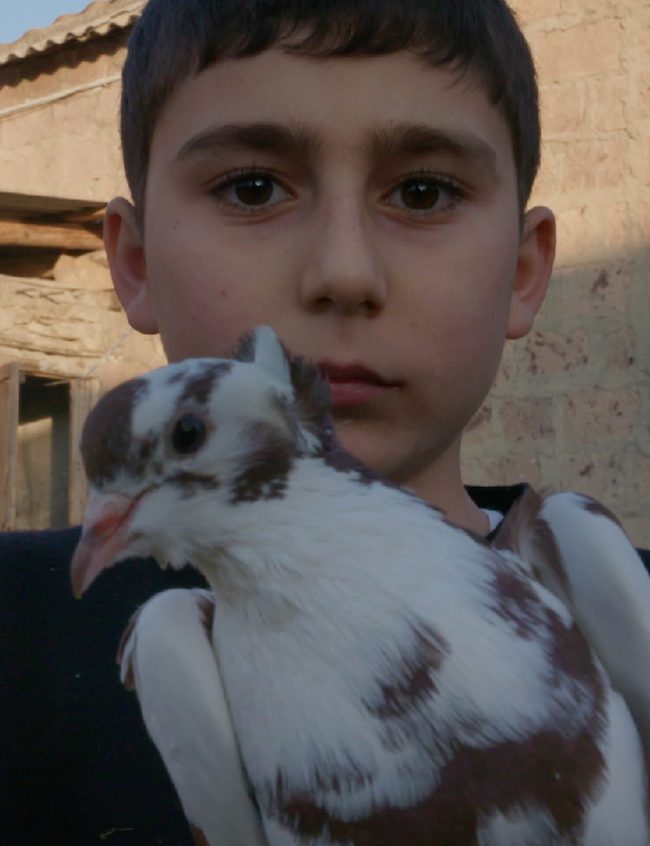
(DOC NYC runs November 6-15. Lead critic Chris Reed is there bringing you tons of coverage so stay tuned! Like what you see here on Hammer to Nail? Why not pay just $1.00 per month via Patreon to help keep us going?)
A multi-layered documentary that examines the global disparities of social class and wealth while simultaneously telling the moving story of two very different families, Mother may be many things at once, but is always most directly about the bonds of love, however frayed they become. Director Kristof Bilsen (Elephant’s Dream) follows separate narrative threads, the one in Thailand, the other in Switzerland, that eventually converge into a single tapestry of profound emotional conflict. There is no easy resolution to life’s never-ending challenges, but Mother reminds us that we can still achieve some kind of fulfillment through process, even if results remain elusive.
We begin in a small Thai village, as Chutimon Sonsirichai (otherwise known as Pomm), a working mother of three, walks us through a video tour of her rural home, lamenting what little time she has to spend with her three children. We will later learn that two of them live with her mother, while the youngest lives with her estranged husband and his mother. The locations are not close to each other, nor are they close to where Pomm works, in the northern city of Chiang-Mai. There, she is a caregiver at Baan Kamlangchay, a home for German-speaking patients with dementia that provides constant one-on-one companions for its clientele. When we meet her, she is with the elderly Elisabeth, a once-vibrant, independent woman now quickly fading. In their interactions, we see Pomm’s kindness and own lively spirit, sad as she often is about her inability to care for her own mother and children.
The film then cuts to the city of Zofingen, in north-central Switzerland, where Maya, a woman in her late 50s, hikes with one of her three daughters. We quickly realize that she suffers from early-onset Alzheimer’s. What is a family of some, but not unlimited, means to do in such a case? Of the many options, Maya’s family considers Baan Kamlangchay. To their mind, keeping her close is an act of selfishness that ignores her changing needs, though some relatives and friends offer pushback. Agree or disagree, the fact that such a distant option exists at all is a source of never-ending fascination.
What does it say about the world that we ship a loved one far abroad at a price that is more affordable than local hospice care? What does it say about our acceptance of gross income inequalities that we never consider the cost on someone like Pomm, whose work is rewarding to her – spiritually and financially – yet keeps her far from her own family? The beauty of this exquisite movie is that it raises these urgent, complicated questions in such a gentle, almost dreamlike manner, training most of its focus on the intimate moments between nurse and patient, mother and child. The truth lies in the details, and the greatest truth of all is Pomm’s quest to be the best human she can be.
– Christopher Llewellyn Reed (@ChrisReedFilm)
Like what you see here on Hammer to Nail? Why not pay just $1.00 per month via Patreon to help keep us going?











